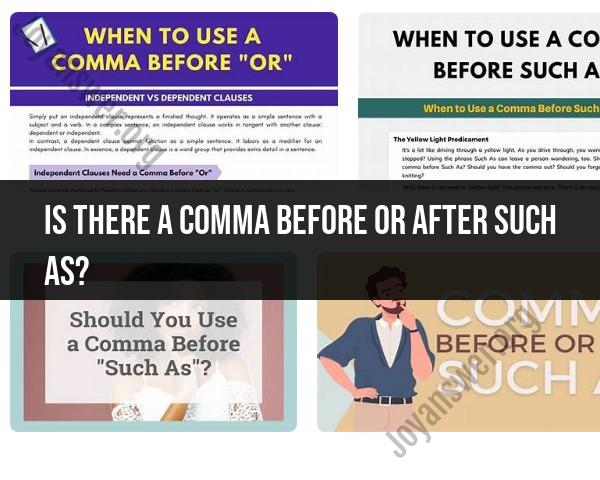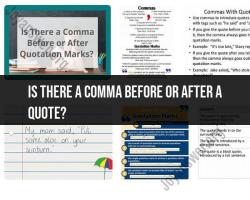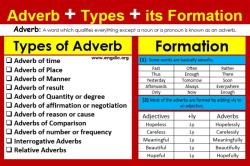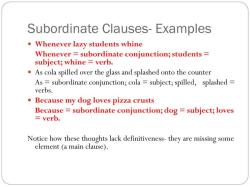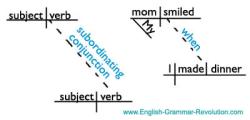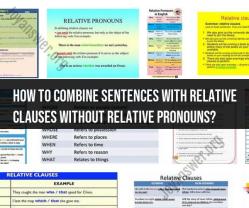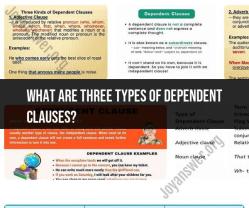Is there a comma before or after such as?
The placement of a comma with "such as" in a sentence depends on the context. Here are the two common ways to use a comma with "such as":
Comma before "such as": Use a comma before "such as" when it is used to introduce examples within a sentence. In this case, the comma comes before "such as" and is followed by a list of examples.
Example: She enjoys outdoor activities, such as hiking, biking, and camping.
No comma before "such as": You don't need a comma before "such as" when it's used to explain or clarify the preceding noun without introducing a list of examples.
Example: She enjoys outdoor activities such as hiking.
In the first example, the comma is used because "such as" is introducing a list of specific activities. In the second example, there is no comma because "such as" is providing further information about the preceding noun "activities" without presenting a list. The choice of using a comma or not depends on whether "such as" is introducing a list or serving as an explanatory phrase.
Is a comma needed before or after the phrase "such as"?
A comma is needed before the phrase "such as" if it introduces a nonrestrictive clause. A nonrestrictive clause is a clause that provides additional information but is not essential to the meaning of the sentence.
Example:
- My favorite fruits, such as apples, oranges, and bananas, are all healthy and delicious.
The phrase "such as apples, oranges, and bananas" is nonrestrictive because the sentence still makes sense without it. We know that the speaker's favorite fruits are healthy and delicious, even if we don't know what they are.
If the phrase "such as" introduces a restrictive clause, no comma is needed. A restrictive clause is a clause that is essential to the meaning of the sentence.
Example:
- I only eat fruits such as apples, oranges, and bananas.
The phrase "such as apples, oranges, and bananas" is restrictive because it tells us which fruits the speaker eats. Without this phrase, the sentence would be incomplete.
How to correctly punctuate sentences that include "such as"?
To correctly punctuate sentences that include "such as," follow these steps:
- Identify whether the phrase "such as" introduces a nonrestrictive or restrictive clause.
- If the phrase introduces a nonrestrictive clause, place a comma before "such as."
- If the phrase introduces a restrictive clause, do not place a comma before "such as."
Can you provide guidelines and rules for comma usage with "such as"?
Here are some guidelines and rules for comma usage with "such as":
- Always use a comma before "such as" if it introduces a nonrestrictive clause.
- Never use a comma after "such as."
- If the phrase "such as" is at the end of the sentence, do not place a comma before it.
Example:
- I enjoy reading books, such as novels, short stories, and poems.
What are the potential errors or misunderstandings that can result from incorrect comma placement?
Incorrect comma placement can lead to errors and misunderstandings in your writing. For example, if you do not place a comma before a nonrestrictive clause, the reader may think that the clause is essential to the meaning of the sentence, when it is not.
Example:
- I only eat fruits such as apples, oranges, and bananas.
Without a comma before "such as," the reader may think that the speaker only eats the fruits listed. However, if we add a comma, we can clarify that the speaker eats other fruits as well.
Example:
- I only eat fruits, such as apples, oranges, and bananas.
How to improve clarity and readability by using commas with "such as" appropriately?
Using commas appropriately with "such as" can improve the clarity and readability of your writing. When commas are used correctly, they help to separate nonrestrictive clauses from the rest of the sentence. This can make it easier for the reader to understand the meaning of your sentence.
Example:
- I enjoy reading books, such as novels, short stories, and poems.
Without the commas, the reader may have to read the sentence more than once to understand that the speaker enjoys reading different types of books. However, with the commas, it is clear that the speaker enjoys reading novels, short stories, and poems, in addition to other types of books.
